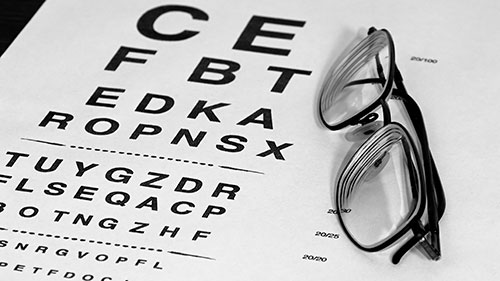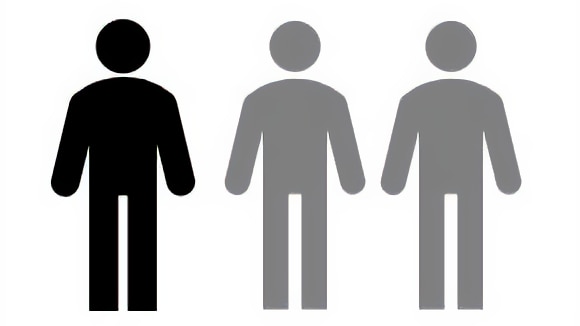At a glance
As people get older, they may experience changes in their cognition, vision, or hearing. Cognitive, visual, and hearing challenges can affect people’s health literacy skills. To ease these challenges, consider using the strategies on this page when you communicate with older adults (people age 65 or older).
Strategies to ease cognitive challenges
Aging results in normal changes in cognition. Three specific changes occur: reduced processing speed, greater tendency to be distracted, and reduced capacity to process and remember new information (working memory). Use the following strategies with people who have cognitive challenges:
- Repeat essential information.
- Focus on the important meaning of the information, that is, the gist.
- Use plain language.
- Emphasize directions that the person must follow.
- Use reminders to aid memory (i.e., brochures, pamphlets).
- Include skill-building activities with your information to reinforce meaning.
Strategies to ease visual challenges
Many older adults have problems with vision. About two out of three adults with vision problems (67 percent) are older than 65. Use the following strategies with people who have visual challenges:
- Make information easy to see and read.
- Contrast: Text should be printed with the highest possible contrast. Achieve the best contrast by using black text on a white background.
- Font Size: Use 16- to 18-point font size or larger when developing materials for older adults.
- Spacing Between Lines of Text: People with low vision may have difficulty finding the beginning of the next line when reading, so make the space between lines of text at least 25 percent of the point size.
- Paper Finish: Avoid paper with a glossy finish because it can cause glare.
- Contrast: Text should be printed with the highest possible contrast. Achieve the best contrast by using black text on a white background.
- Reduce the amount of text.
- Provide audio information.

Strategies to ease hearing challenges
Hearing loss is common in older adults. It affects one out of three (or 33 percent of) people older than 60 and half (50 percent) of those older than 85. Use the following strategies with people who have hearing challenges:
- Limit background noise.
- Speak clearly with more volume.
- Do not chew gum or eat while speaking.
- Always talk face to face.

Related resources
- Alzheimer's disease and healthy aging, see CDC's Healthy Aging Program.
- Cognitive challenges and solutions, see NIH National Institute on Aging.
- Visual challenges and solutions, see NIH National Eye Institute.
- Hearing challenges and solutions, see NIH National Institute on Deafness and Other Communication Disorders.
- Health Literacy and Older Adults: Reshaping the Landscape: Proceedings of a Workshop, see The National Academies of Sciences, Engineering, and Medicine.
